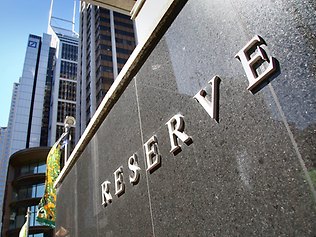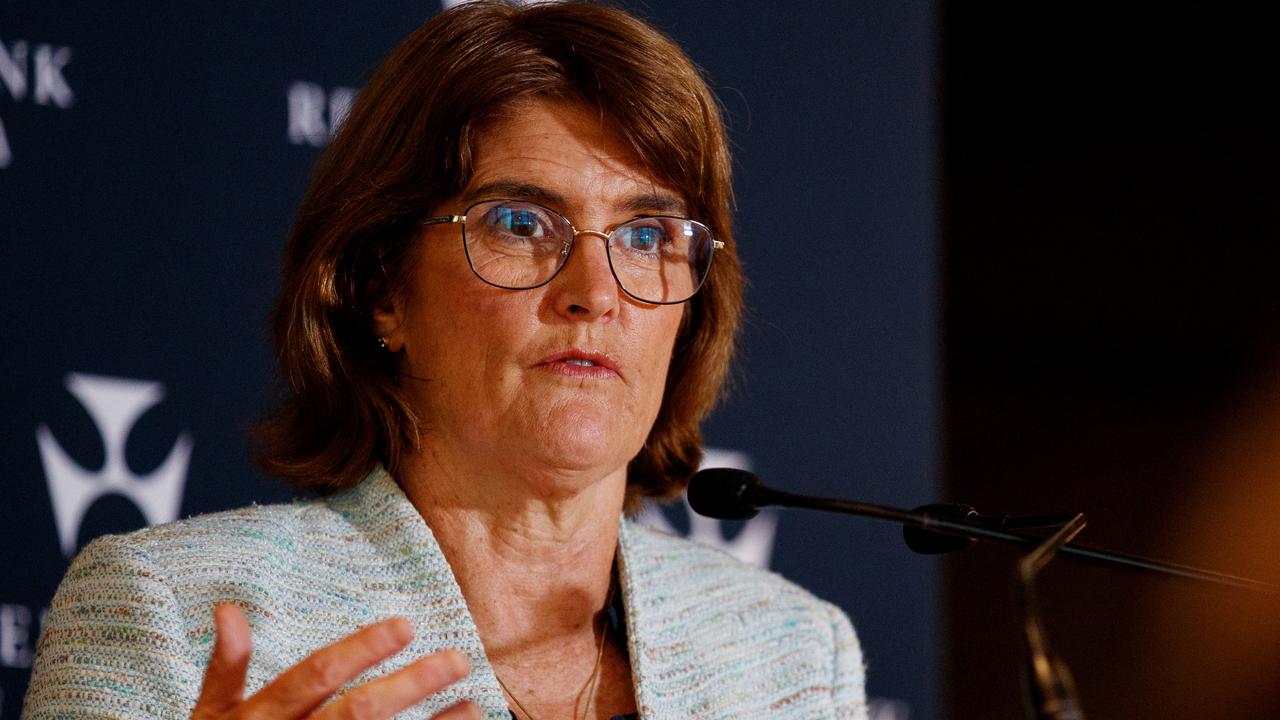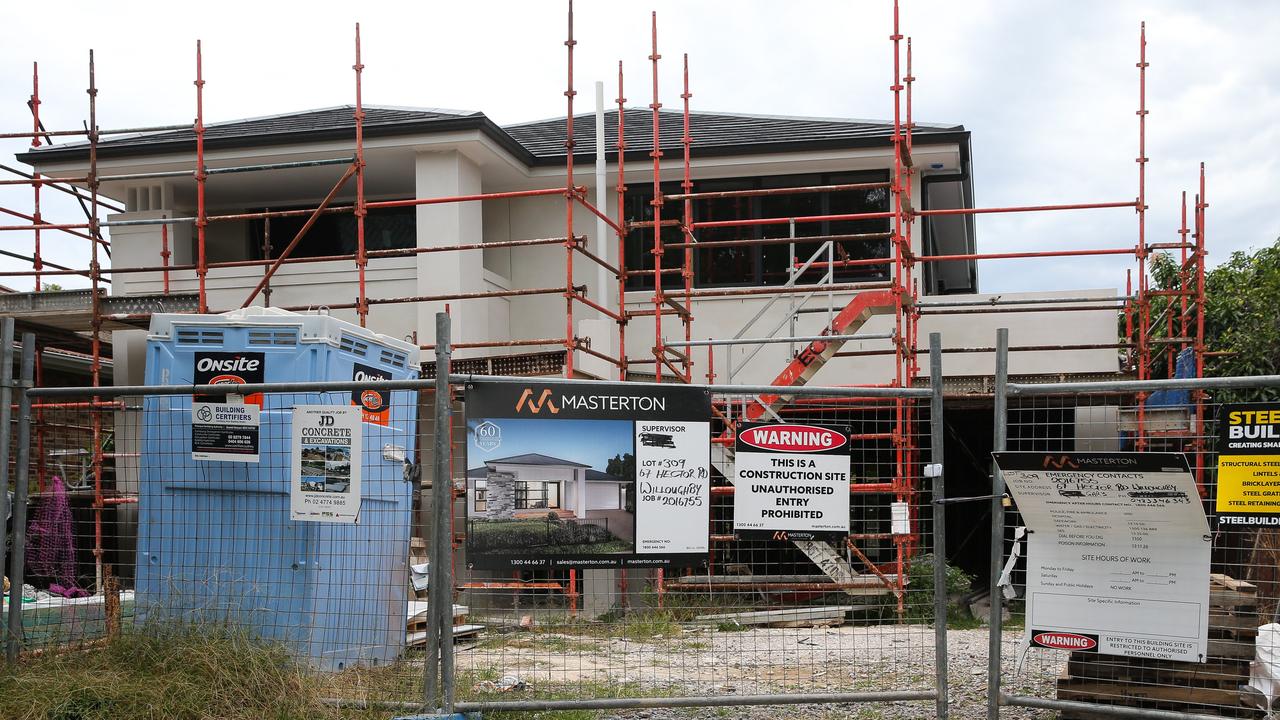Miners hold the key to your house rates
INTEREST rates will rise at the end of this year, with no reprieve in sight for homeowners until 2015, economists predict.

THE current consensus is that interest rates are on hold, but could rise again towards the end of 2011.
Most economists expect rates to rise several times during 2012 and so mortgage rates could rise another 0.5-1 per cent.
Just how long will interest rates stay high?
Unless the world economy turns down, rising mining capital spending could mean that interest rates will not start falling until 2015.
We could, therefore, face several years of higher interest rates and house prices may weaken.
The key is how long mining capital spending stays high.
If mining capital spending rises strongly the Reserve Bank will raise interest rates to keep consumption and housing spending subdued.
The latest ABS capital expenditure data suggests mining investment will jump 35 per cent this year and 55 per cent in 2011-12.
The Construction Forecasting Council predicts total engineering construction spending, including both resource and infrastructure spending, will not peak until 2013-14.
Mining capital spending is only just starting to accelerate after projects were delayed by the financial crisis, the mining tax debate and the weather.
Patersons Securities estimates that new mining capex contracts awarded will double in this half year. So the current weakness in tourism, retail and housing will soon be offset by higher mining capital spending over 2011 that will require higher interest rates.
Argonaut Securities estimates likely quarterly resource capital spending for major individual projects. It suggests quarterly resource capital spending will double between the first quarters of 2011 and 2012, with a peak in 2013.
The Argonaut list includes both committed and yet to be committed projects, so all these projects might not proceed. The timing of spending may also be spread out, as it may prove difficult to build so many projects at the same time. The peak in spending may prove to be lower, but spending could stay higher for longer.
If the Government proceeds with a rapid roll out of the NBN, upward pressure on interest rates would be worse.
Even though employment and incomes will be rising, house prices could come under downward pressure if interest rates stay high for several years.
The stock of houses for sale has risen sharply in the past year but sales have fallen. This will put downward pressure on prices as sellers try to complete sales, while higher interest rates discourage buyers.
While commodity prices stay high, mining capital spending is unlikely to be very sensitive to higher interest rates or the exchange rate.
Major gas projects take several years to build and once started are usually completed. Interest rates are therefore likely to go higher and stay high for some time.
A world recession would radically change that picture. Commodity prices would fall and new projects would be deferred.
Dr Ed Shann is a Director of Prime Value Asset Management



